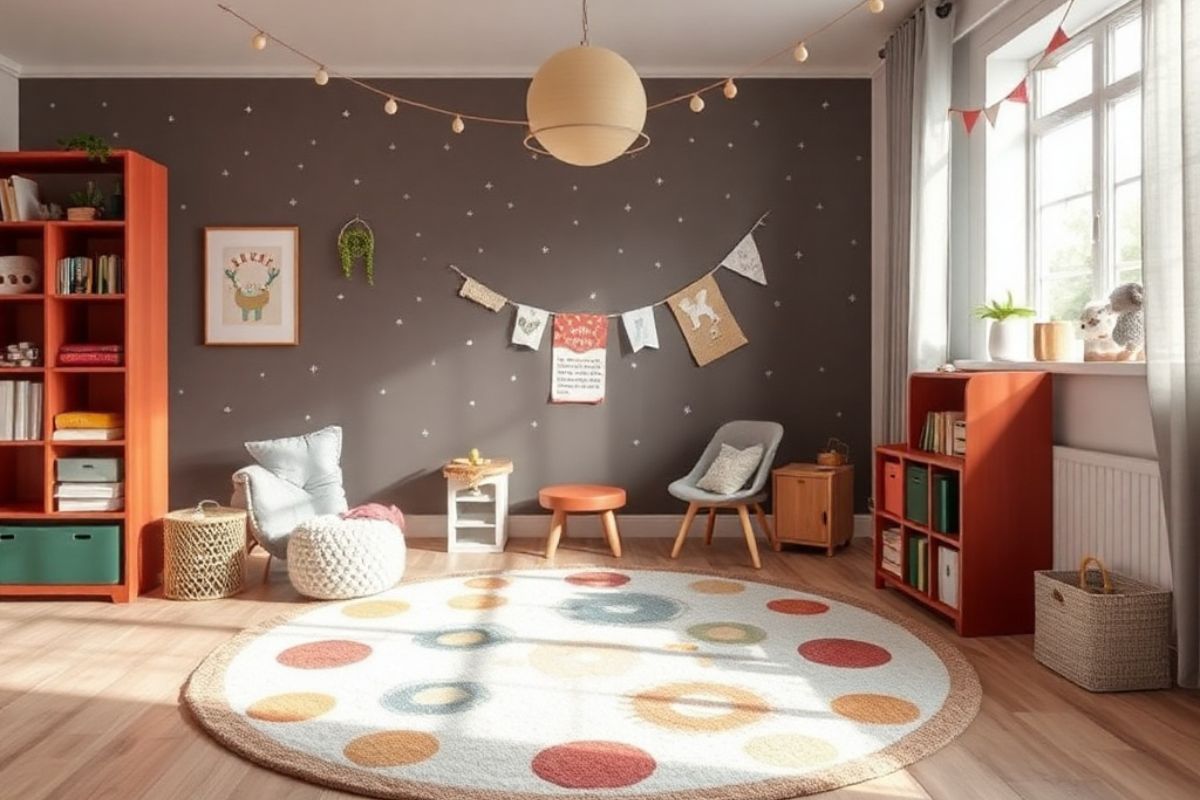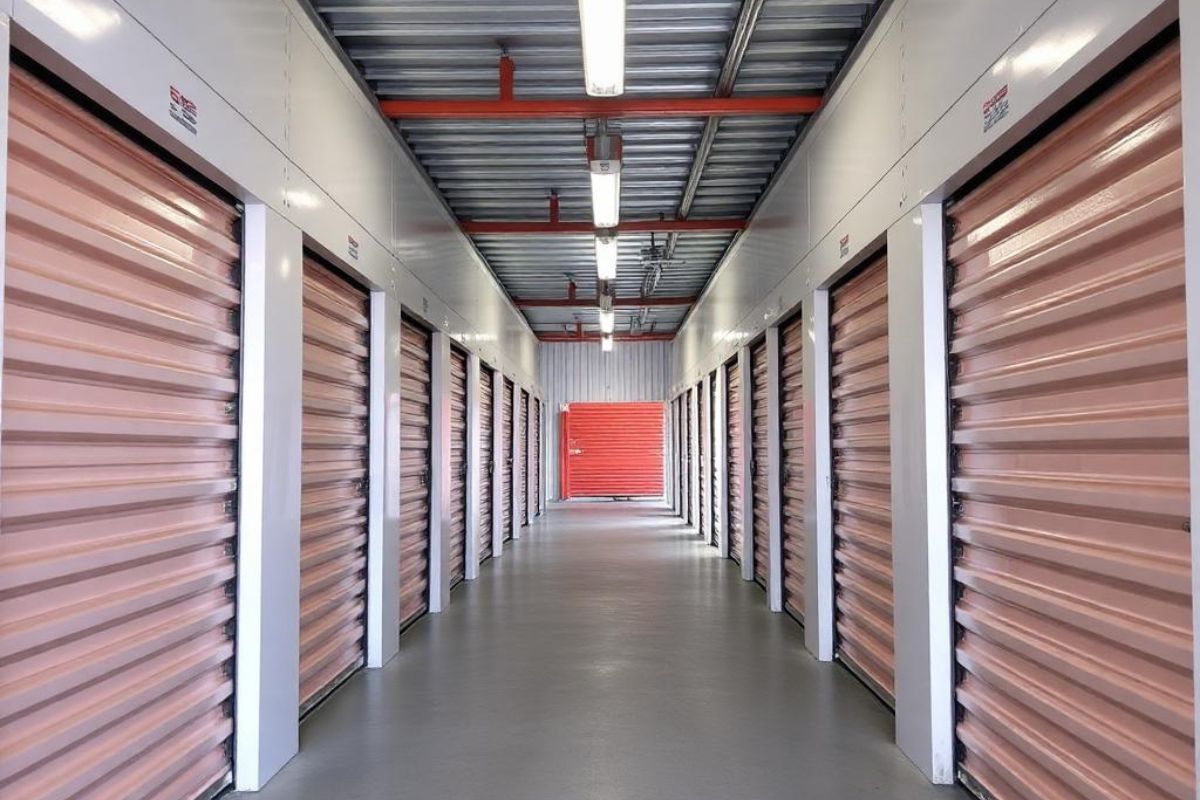Michigan’s Tiny Home Rules and Regulations

Tiny homes in Michigan must meet all local building codes and zoning requirements. The Tiny House law in Michigan allows couples to build a home of about 250 square feet, while houses for families of four must be at least 450 square feet.
The tiny house movement is relatively new. But a few states have already begun to develop specific rules and regulations on these types of structures. Michigan is one such state.
This post provides insights into the Tiny Home Rules and Regulations in Michigan.
Read on and learn everything you need to know before making a switch to tiny living.
Are tiny homes legal in Michigan?
Tiny homes are legal in Michigan, but there are some restrictions. Your tiny house must follow the state's building codes. The code requires couples to build a 250-square-foot structure. Similarly, a family of four must build a tiny house of at least 450 square feet.
Some local zoning ordinances also have minimum square footage requirements for houses. So, a tiny home would need more than just meet the square mile requirement. Many building codes require certain home amenities, such as a flush toilet and running water, which a tiny home might not have.
Also, it can be challenging to find land to put a tiny home on since most people want their homes to be on permanent foundations. However, some communities in Michigan welcome tiny dwellings and have laws and regulations that allow them.
So if you're interested in living in a tiny home in Michigan, do your research to see if there's a community that would be a good fit for you.
What Michigan cities allow tiny houses?
Some cities in Michigan allow tiny houses on a case-by-case basis. But for others such as Grand Traverse and Kalkaska, there are some zoning regulations. These regulations make it difficult to place a tiny house on a lot.
Currently, the main cities in Michigan that allow tiny homes are:
- Ann Arbor
- Briley Township
- Dearborn
- Grand Rapids
- Kalamazoo
- Lansing
- Traverse City
Ann Arbor has amended its zoning code to allow accessory dwelling units (ADUs), including tiny houses. Detroit has also seen an influx of tiny homes in recent years. The city aims to revitalize neighborhoods and provide affordable housing options.
Can you permanently live in a tiny house in Michigan?
Living in a tiny home permanently is possible. There are no state laws restricting people from living in tiny houses permanently. However, local zoning ordinances may limit where you can place your tiny house.
You may also need a permit to build your tiny house on a piece of property that is not for residential use. Check with your local planning department for more information.
Tiny houses are becoming increasingly popular as more people downsize and simplify their lives. But how long do these small homes last?
The average lifespan of a tiny house is around 20-30 years, with some homes lasting up to 50 years or more. This is largely because tiny houses require high-quality materials and construction methods.
However, the lifespan of your tiny house will also depend on how well it is maintained. Regular upkeep and maintenance will help extend your home's life and keep it looking its best.
Downsizing into a tiny house might be the best move for you. These small homes can provide you with many years of comfortable living. Just be sure to take good care of it and perform regular maintenance; your tiny house will last you for many years.

How tiny can a house be in Michigan?
A house can be as small as 500 square feet in Michigan! This is thanks to the state's "Tiny House" law, which allows for homes of this size to be built. The size requirement for couples is 250 square feet, and for a family of four, it is at least 450 square feet.
There are two types of tiny homes in Michigan: tiny houses on wheels and those on a fundation. Each has its own set of rules and regulations.
Tiny houses on wheels must be registered as either a travel trailer or a park model. They must also meet the requirements of the Michigan Vehicle Code. This includes having proper brakes, lights, and reflectors. The house must also be less than 8 feet wide and 40 feet long.
Tiny houses that are not on wheels must meet the requirements of Michigan's Building Code. This includes having a foundation, being built to code and properly insulated. The house must also be less than 500 square feet.
Both types of tiny houses must comply with local zoning ordinances. This includes things like setting setback requirements and maximum height limits.
Rules and regulations for tiny houses in Michigan
To be up to the Michigan building code, a tiny house must have a foundation at least 24" above the ground. The walls must be made of either solid wood or metal, and the roof must be metal.
The windows must be double-paned, and the doors must be insulated. Lastly, the house must have a smoke and carbon monoxide detector.
Rules for permanent structures
A tiny house in Michigan needs to meet the same building code requirements as any other permanent structure in the state. This includes having a foundation, being properly insulated, and being weatherproof. The house must also be connected to water, sewer, and electricity.
It's important to check with your local municipality to see if there are restrictions on where to place your tiny house. Many people in Michigan are successfully living in tiny houses. By following the proper steps and doing your research, you can join them in enjoying all the benefits of this unique housing option.
Rules for temporary tiny houses
Temporary tiny houses are an excellent option for people who want to downsize or live more sustainably. In Michigan, some rules and regulations govern the construction and placement of tiny houses.
Tiny houses must be built to the same standards as conventional houses. They must meet the International Residential Code (IRC).
Tiny houses can be placed on wheels or foundations. If they are on wheels, they must meet the requirements of the Michigan Vehicle Code. This includes having working brakes, lights, and mirrors. The house must also be properly registered and insured.
Rules for transitional structures
There are a few key things to remember when it comes to transitional tiny houses structures:
- Make sure the house is structurally sound. The foundation, framing, and finishes should all be up to code.
- Keep the house as simple as possible. This will make moving and setting up your new location easier.
- Remember the utilities! Make sure to hook up electricity, water, and sewage before you move in.
- Be prepared for weather conditions. If you're in a hurricane zone, ensure your home can withstand high winds.
Where can I build a tiny house in Michigan?
You can build your tiny house on your property, or you can look into renting land from a friend or family member. There are also many RV parks and campgrounds that allow tiny houses. Ensure to look into zoning laws in your area to see if there are any restrictions on where you can build your tiny house.
Once you've found a place to build your tiny house, you'll need to obtain the necessary permits and licenses. You'll need a permit from the Department of Energy, Labor & Economic Growth in Michigan to build your tiny house. Also, your tiny house needs to meet all of the requirements for a dwelling unit, including a foundation, walls, ceilings, floors, and a roof.
Once you've obtained the necessary permits and licenses, you can begin constructing your tiny house. There are many ways to build a tiny house, so you'll need to decide what technique is best for you. You can hire a contractor to build your tiny house for you or purchase a pre-fabricated tiny house kit.
If you're planning on living in your tiny house full-time, you'll need to hook up to utilities like water, electricity, and sewer. In Michigan, you can hook up to utilities through the Michigan Public Service Commission.
Building a tiny house in Michigan is a great way to downsize your living space and save money on your housing costs. There are several ways to build your tiny house, so you'll need to find the best method. Once you've obtained the necessary permits and licenses, you can begin constructing your new home.
Do I have to pay property taxes for my tiny house?
There's no definitive answer to this question, as tax laws vary from jurisdiction to jurisdiction. However, if a tiny house is considered a dwelling unit, it may be subject to property taxes.
Tiny houses on a foundation are subject to local property taxes. But you won't have to pay property taxes for those on wheels. Some property taxes you might pay for your tiny house include:
- Sales tax: You may have to pay sales tax on your tiny house purchase, depending on your state.
- Estate tax: An estate tax may be levied on your tiny house when you die, depending on the value of your property and your state's laws.
- Real estate transfer tax: If you purchase your tiny house from someone else, you may have to pay real estate transfer taxes. These taxes are typically a percentage of the property's sale price and are paid by the buyer.
- Generation-skipping tax (GST): applies when you transfer your tiny house to someone two or more generations below you. This tax is in addition to any other taxes that may apply, such as an estate or gift tax. The GST is paid by the person making the transfer. States have different rules regarding this tax, so check with your state's tax authority to see if it applies to you.
- Gift tax: applies when you give your tiny house to someone as a gift. It depends on the value of the gift and is paid for by the person giving the gift.
Where can I park a tiny home in Michigan?
There are different places where you could park your tiny home depending on the municipality you choose. You can park it on a friend's or family member’s land, in tiny home communities, or in RV parks.
It's always wise to check with your local zoning office for restrictions before deciding where to park your tiny home in Michigan. If you have a friend or family member with some extra land, you can park your tiny home on their property. This is often the easiest choice, as you won't have to worry about finding a community that welcomes tiny homes.
Another option is to look for communities specifically designed for people living in tiny homes. These communities usually have all the infrastructure in place to support tiny homes. They may also have other amenities like community gardens or common areas.
Finally, you can always try parking your tiny home on public land. This can be tricky, as you'll need to find a spot not designated for camping or RVs. You may also need to get a permit from the local government to do this.
No matter where you park your tiny home in Michigan, make sure you do your research first and be prepared to follow any regulations that are in place. Make sure to follow Briley Township's guidelines when building an economy-efficient dwelling.
Are there tiny home communities in Michigan?
Yes, there are several tiny home communities in Michigan. Some of these include:
- Tiny House Community near Ann Arbor: This community is located just outside Ann Arbor and features various tiny homes. Homes in this community start at $50,000.
- Tiny Home Village in Detroit: This village is located in the heart of Detroit and features various tiny homes. Homes in this community start at $25,000.
- Tiny House Community in Grand Rapids: This community is located outside Grand Rapids and features various tiny homes. Homes in this community start at $45,000.
Conclusion
Tiny houses are a popular trend sweeping the nation. In many cases, these small dwellings serve as transitional structures. They are excellent options for those in the process of downsizing or for people interested in living a more minimalist lifestyle.
Tiny homes must be built to the same standards as any other home in Michigan. They must be connected to utilities and have a septic system installed if they are not connected to public sewers. The tax you will pay on your tiny home depends on the county in which it is located.
Tiny homes in Michigan can be used as primary residences, second homes, or vacation homes. If you're thinking about building or living in one, be sure to research and know all the rules and regulations that apply to you.









